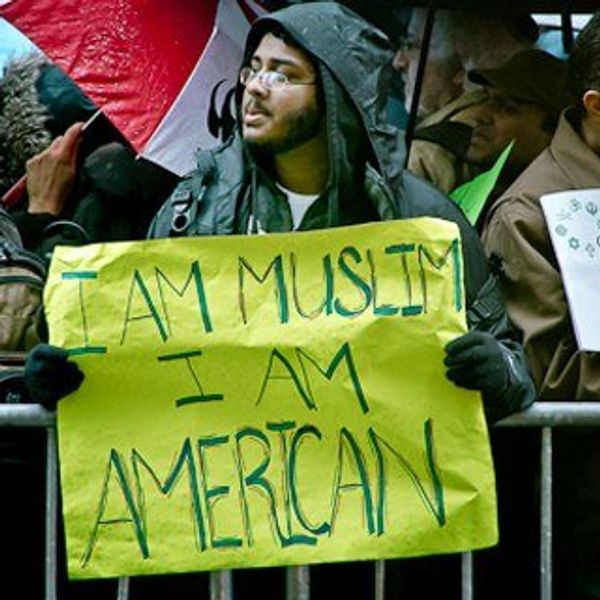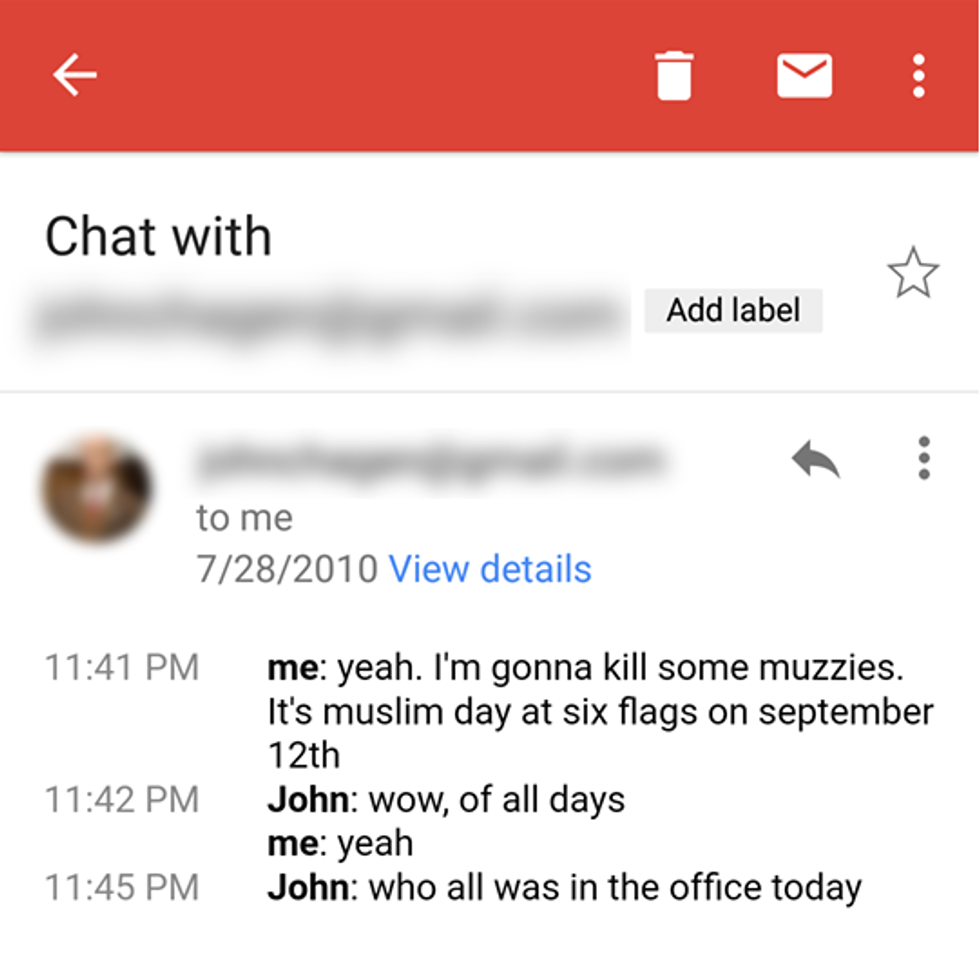Content warning: contains hate speech against Muslims.
Fireworks burst, glasses clank, streamers and confetti dance in the sky, each ushering in 2017. For many, it is a time to reflect, to remember, to dream, to hope. But for American Muslims, the new year also rings in uncertainty and fear.
Wearing a hijab or traditional Muslim dress, speaking Arabic on an airplane, or simply going to the mosque have become acts of resistance. Arabic speakers have been repeatedly removed from flights. Muslims and even those mistaken as Muslim (including Buddhists and Sikhs) have been harassed, assaulted, or murdered. Their places of community and worship have been vandalized or razed. To say 2016 has been a horrible year for the Muslim community would be an understatement.
Continuing a wave of Islamophobia which began in 2015, the election cycle witnessed unprecedented anti-Muslim rhetoric. Trump calling for a ban on Muslim immigrants, Ted Cruz calling for patrolling Muslim neighborhoods, and Ben Carson saying Muslims were unfit to serve in White House positions -- this rhetoric has had real consequences. The year 2015 saw an increase of 62% in hate crimes, nearly as high as immediately after 9/11. While we won’t know 2016’s hate crime numbers until later this year, tracking by The Bridge Initiative at Georgetown University paints a grim picture.
In the first two months of 2016, at least six people were assaulted, four people murdered, and six mosques/community centers vandalized or set on fire. All of these acts were apparently inspired by hate – or maybe a better word, rage – against Muslims.
This rage is nothing new.
Six years ago, I was very different from the person I am today. Today, I have compassion and understanding for Arabs and non-Arabs, Muslims and non-Muslims. That was not the case around 2009.
When a scared, closeted teenager in a rural, conservative Christian environment faced hate directed at him and other queer people, he projected that hate – that self-hate – elsewhere. After all, I hated myself because I had been told I was part of this liberal agenda to undermine marriage and the moral fabric of America; that I was evil and wanted to harm others, simply for loving others. Guided by preachers at the pulpit, family and friends, the media, and my boss on a political campaign, my hate found a scapegoat.
I spent the next few years spewing falsehoods about Muslims, ones that I thought true, on social media. Falling victim to the Islamophobia industry’s pervasive propaganda, I read books about “stealth jihad” against the United States, plans to impose sharia law, and more. The campaign manager I worked for had even expressed the desire to fund violent groups who killed Muslims abroad. My rage is captured in this chat I had with my campaign manager in 2010. They are words I now find unbelievable.
It is easy to hate others when you think they want to kill you or harm you. Growing up, I thought queer people - including myself - would harm marriage. I hated myself and others for it. I hated Muslims for the same reason. I thought they wanted to cause harm to "us." When I learned the truth, I stopped hating myself. Once that self-hate was gone, the hate against Muslims began to wash away, too. It didn't happen overnight, but I was able to unlearn hate.
In 2017, let's combat narratives that say Muslims or Arabs hate us. If we can convince others that Islam is a religion of peace maybe -- just maybe -- we can help others unlearn hate.






















